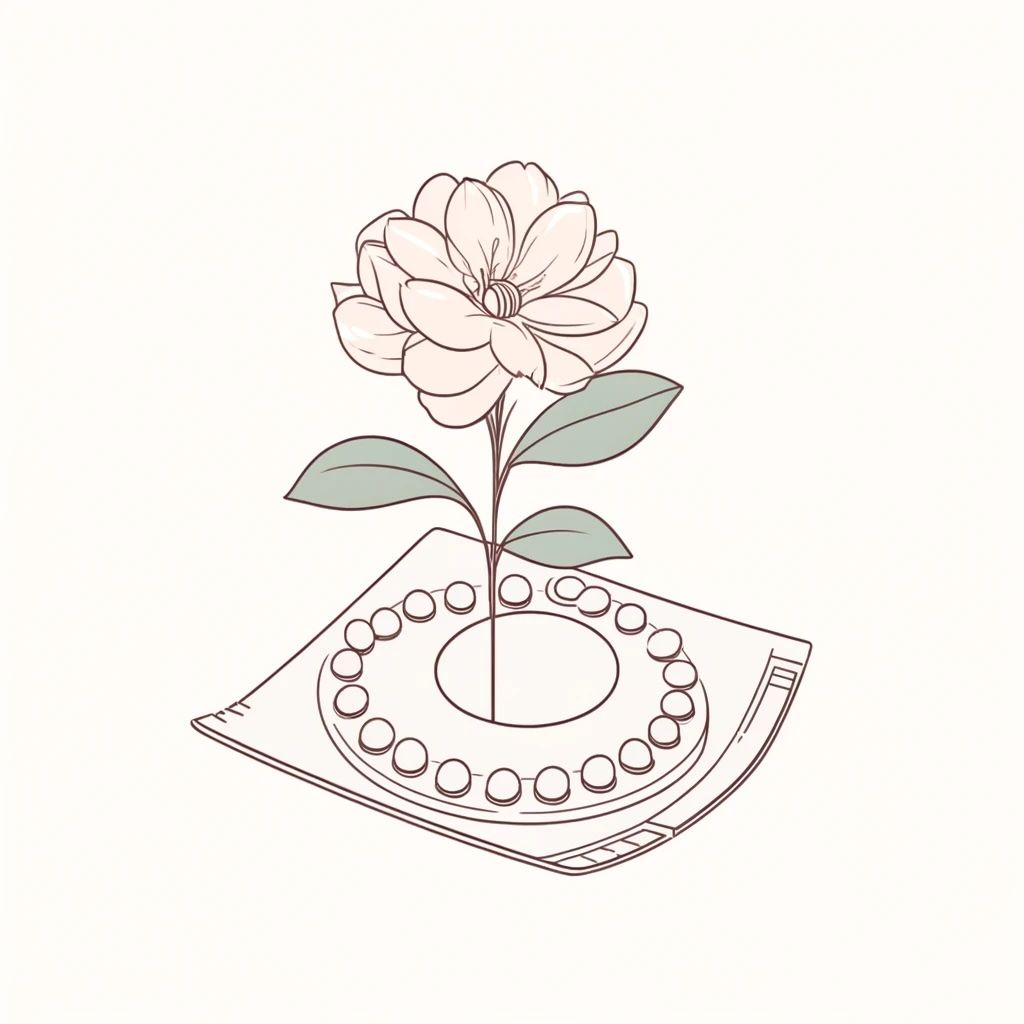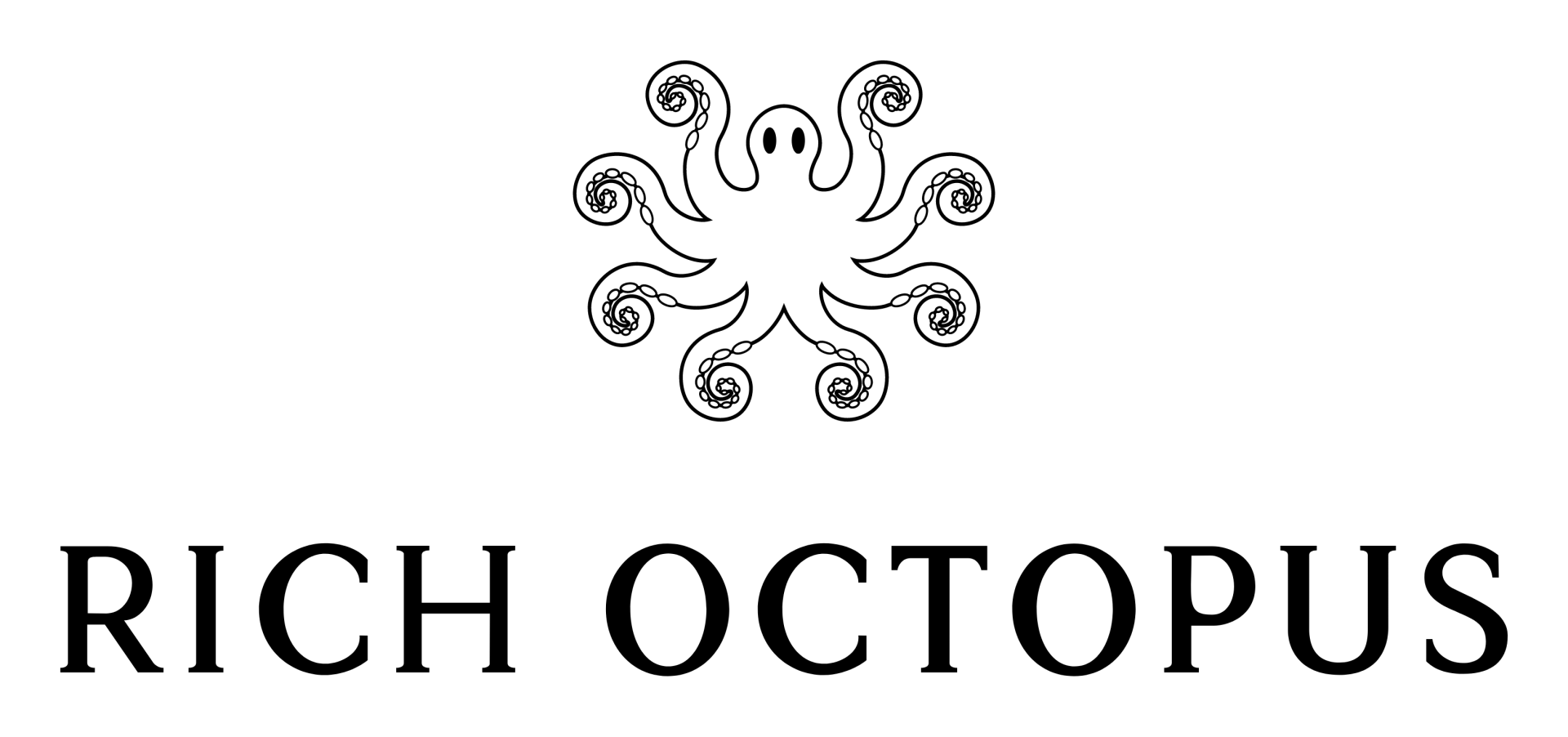The Art of Budgeting: Choosing the Right Method for Your Lifestyle

Takeaways
- Financial Literacy is Empowerment: Understanding your income, expenses, and savings is the first step towards financial empowerment. The blog emphasizes the importance of financial awareness as a tool to navigate the complexities of personal finance.
- Setting Realistic Goals Leads to Financial Success: The budget serves as a roadmap for achieving financial goals, whether it's a dream vacation, debt repayment, or building an emergency fund. The post encourages readers to harness the power of budgeting for setting and attaining realistic objectives.
- Expense Control is Key to Increased Savings: Recognizing and curbing unnecessary expenses is highlighted as a crucial aspect of budgeting. By acting as a financial compass, a budget helps identify non-essential spending, fostering increased savings and financial security.
- Choosing Your Budgeting Method with Joy: Find joy in the budgeting process, irrespective of the chosen method—be it the tactile simplicity of pen and paper or the convenience of digital tools. The key takeaway is that budgeting doesn't have to be a burdensome task; it can be a rewarding and fulfilling experience on the path to financial success.
Navigating the intricacies of personal finance is a crucial component for a life free from stress and full of fulfillment. The allure of consumerism often tempts us, particularly as we shift away from tangible cash transactions to the convenience of credit. This transition can easily lead to exceeding our spending limits unless we establish clear boundaries. In our constantly hustling and stressful environment, small purchases, often driven by the desire for a quick dopamine hit, tend to accumulate unnoticed, making it imperative to cultivate budgeting habits.
A budget serves as a financial roadmap, guiding the allocation of resources to achieve financial goals. Some examples include:
Financial Awareness: Offering a comprehensive view of income, expenses, and savings, aiding in understanding the monetary ebb and flow.
Goal Setting: Empowering individuals to set and attain realistic financial objectives, whether it's saving for a vacation, debt repayment, or building an emergency fund.
Expense Control: Acting as a financial compass, pinpointing unnecessary expenditures and enabling a reduction in non-essential spending, thereby fostering increased savings and financial security.
Various methods of budgeting -
Pen and Paper/Envelope Stuffing
- Pros: Embracing simplicity and tangibility, this method provides a quick, hands-on overview of finances. Actually holding your money and tabulating the results can provide a real feeling of progress towards your goals.
- Cons: Limited flexibility for adjustments, lacking automated tracking features. Also, holding cash can be a liability.
Budgeting Apps - some of our favorite apps include YNAB and Empower
- Pros: Popular for their user-friendly interfaces, automated tracking, and real-time updates. These apps often come with features such as expense categorization, goal tracking, and financial insights.
- Cons: Some users may find the digital interface less intuitive, with a potential learning curve for newcomers.
Google Sheets
- Pros: Combining the flexibility of digital budgeting with customization options. Users can craft personalized templates, employ formulas for calculations, and access their budget from any internet-enabled device.
- Cons: Requires familiarity with spreadsheet software, posing a learning curve for those unaccustomed to digital tools.
Choosing the right method hinges on personal preferences and tech comfort. Whether drawn to the simplicity of pen and paper or the convenience of automated tracking with apps and Google Sheets, the key is to find joy in the process. Budgeting need not be a painful task; it can be a rewarding experience.
In the pursuit of financial well-being, comprehending budget sheets and selecting the right method is crucial. Whether opting for the tactile experience of pen and paper or embracing the technological ease of apps and Google Sheets, maintaining consistency is paramount. Regularly reviewing and adjusting your budget in line with your financial goals is the path to achieving financial success.




